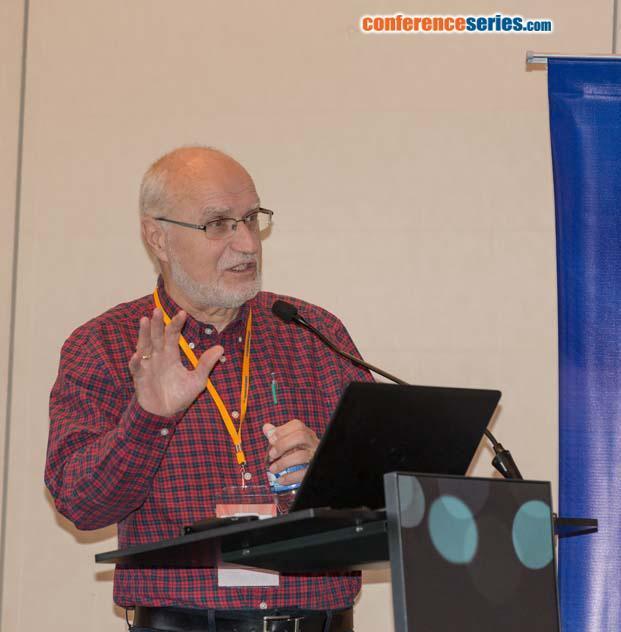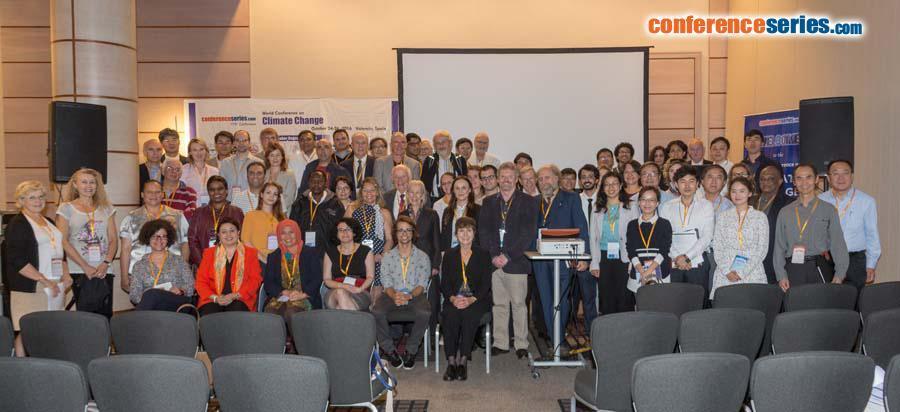
Norman P. A. Huner
University of Western Ontario
Canada
Title: Photosynthetic acclimation and enhanced crop productivity in response to climate change: The grand design of photosynthesis
Biography
Biography: Norman P. A. Huner
Abstract
Daniel Arnon first proposed the notion of a ‘grand design of photosynthesis’ in 1982 to illustrate the central role of photosynthesis as the primary energy transformer for all life on Earth. However, I suggest that this concept is also consistent with the broad impact of the chloroplast not only in global energy transformation but also in the regulation of plant growth, development and ultimately crop seed yield. I review recent data that support the important roles of chloroplast redox imbalance in governing plant acclimation to abiotic stress through localized, intracellular retrograde signal transduction pathways as well as long distance, intercellular signal transduction pathways within a single plant. We suggest that the family of nuclear C-repeat binding transcription factors (CBFs) may be critical components that link enhanced photosynthetic performance and chloroplast redox regulation with the accumulation of growth-active gibberellins,the dwarf phenotype, and increased seed yield under controlled environment conditions in overwintering cultivars in an array of plant species. We show that the controlled environment data for enhanced wheat seed yields confirm 60 years of seed yield data from the field. These data are discussed in terms of the molecular mechanism underlying the development of semi-dwarf cereals which were the basis of the green revolution of the 1960s. Based on differential seed yield data worldwide, we propose that, in the short term, the gaps in wheat seed yield between Europe, China and North America since 1964 could be reduced by increasing the area seeded with winter versus spring wheat varieties. In the long-term, exploitation of CBF overexpression by either classical plant breeding or through biotechnology may contribute to either the maintenance or perhaps even the enhancement of crop productivity under future climate change scenarios.
Speaker Presentations
Speaker PDFs
Speaker PPTs Click Here



